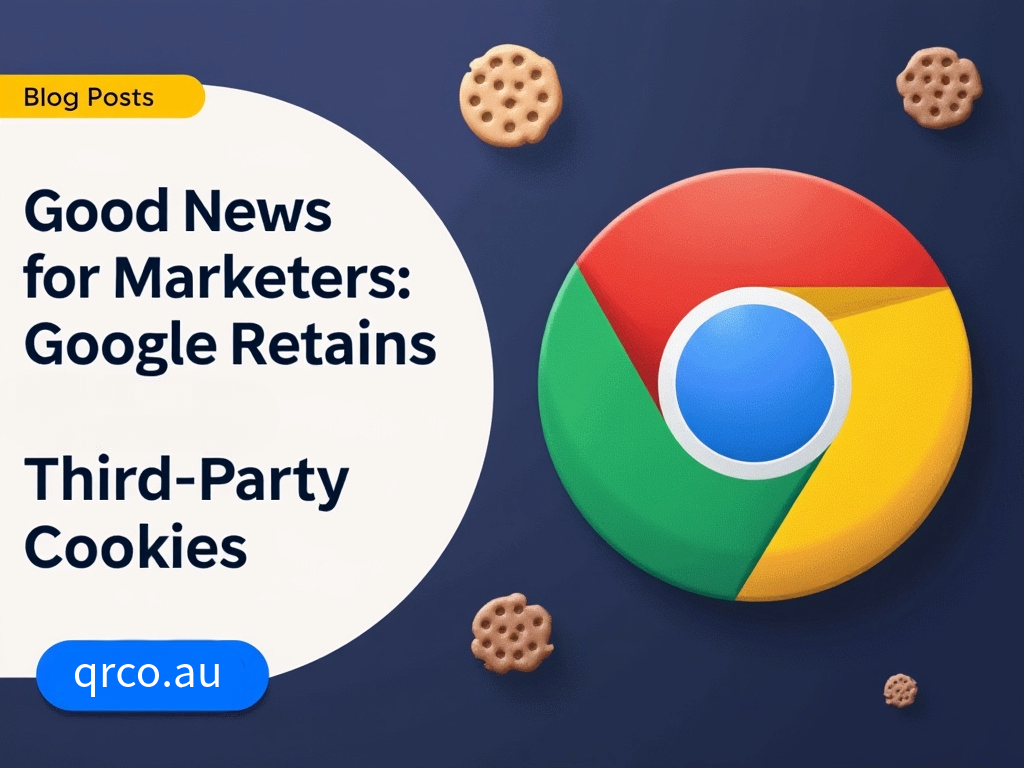Google reverses its decision to scrap third-party cookies, offering relief to marketers and advertisers.
In a surprising turn of events, Google has decided to abandon its plan to eliminate third-party tracking cookies from Chrome. After years of advocating for improved online privacy by phasing out these cookies, the tech giant has reversed its course, much to the relief of marketers and advertisers across the globe.
A Major Shift in Strategy
Google initially announced its intent to phase out third-party cookies back in 2020, with the goal of enhancing user privacy and transforming how the digital advertising ecosystem operates. The original plan, set to take effect next year, aimed to render these cookies obsolete, which would have had significant implications for the marketing and advertising industry.
However, in a recent Privacy Sandbox blog post, Google revealed that it would no longer be moving forward with this plan. Instead, the company will introduce a new approach that prioritizes user choice and maintains the use of third-party cookies, allowing users to make informed decisions about their web browsing preferences.
Feedback-Driven Decision
This reversal comes after extensive feedback from various stakeholders, including regulators, publishers, developers, and the advertising community. Google Privacy Sandbox VP Anthony Chavez explained that this input played a crucial role in shaping the company's updated approach.
“This feedback has helped us craft solutions that aim to support a competitive and thriving marketplace that works for publishers and advertisers, and encourage the adoption of privacy-enhancing technologies,” Chavez said.
What This Means for Marketers
For marketers and advertisers, Google's decision is welcome news. The continuation of third-party cookies means that the familiar tools for tracking user behavior across websites and serving personalized ads will remain in place, at least for the foreseeable future. This allows for more seamless campaign planning and execution without the immediate need to pivot to alternative tracking methods.
The New Approach: Enhanced User Choice
Google's updated strategy involves maintaining third-party cookies while introducing new user experiences in Chrome. Users will have the ability to make informed choices about their privacy settings across their web browsing activities, with options to adjust these settings at any time.
While this approach has been met with disappointment from some regulators, such as the UK's Information Commissioner’s Office (ICO), who viewed the elimination of third-party cookies as a positive step for consumer privacy, it offers a balanced solution for the advertising ecosystem.
Continued Development of Privacy-Preserving APIs
In tandem with retaining third-party cookies, Google is continuing to invest in privacy-preserving APIs, such as the Federated Learning of Cohorts (FLoC). These technologies aim to protect user privacy while still enabling effective advertising. Google has committed to ongoing collaboration with the industry to further enhance these tools, ensuring a more private web experience without sacrificing utility.
Conclusion
Google’s decision to retain third-party cookies marks a significant moment for the marketing and advertising industries. By balancing user privacy with the needs of advertisers, Google is paving the way for a more nuanced approach to online privacy. As the digital landscape continues to evolve, marketers can continue leveraging third-party cookies while also preparing for the gradual adoption of privacy-preserving technologies.
This news underscores the importance of staying adaptable in an ever-changing digital world, where user privacy and effective advertising strategies must coexist.
